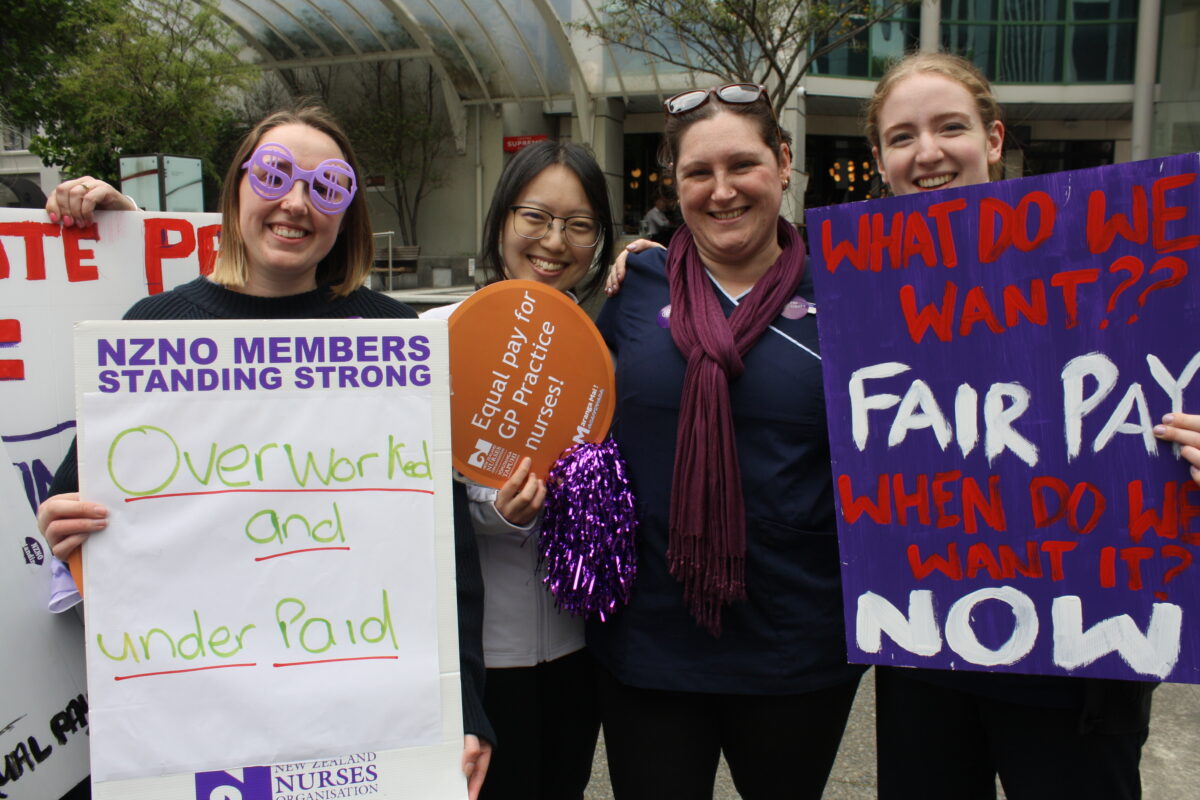“Nurses are looking for pay parity with Te Whatu Ora — it should be 100 per cent or nothing,” Christchurch primary health care (PHC) nurse Denise Moore told Kaitiaki Nursing New Zealand. “Otherwise you’re still going to get nurses leaving.”
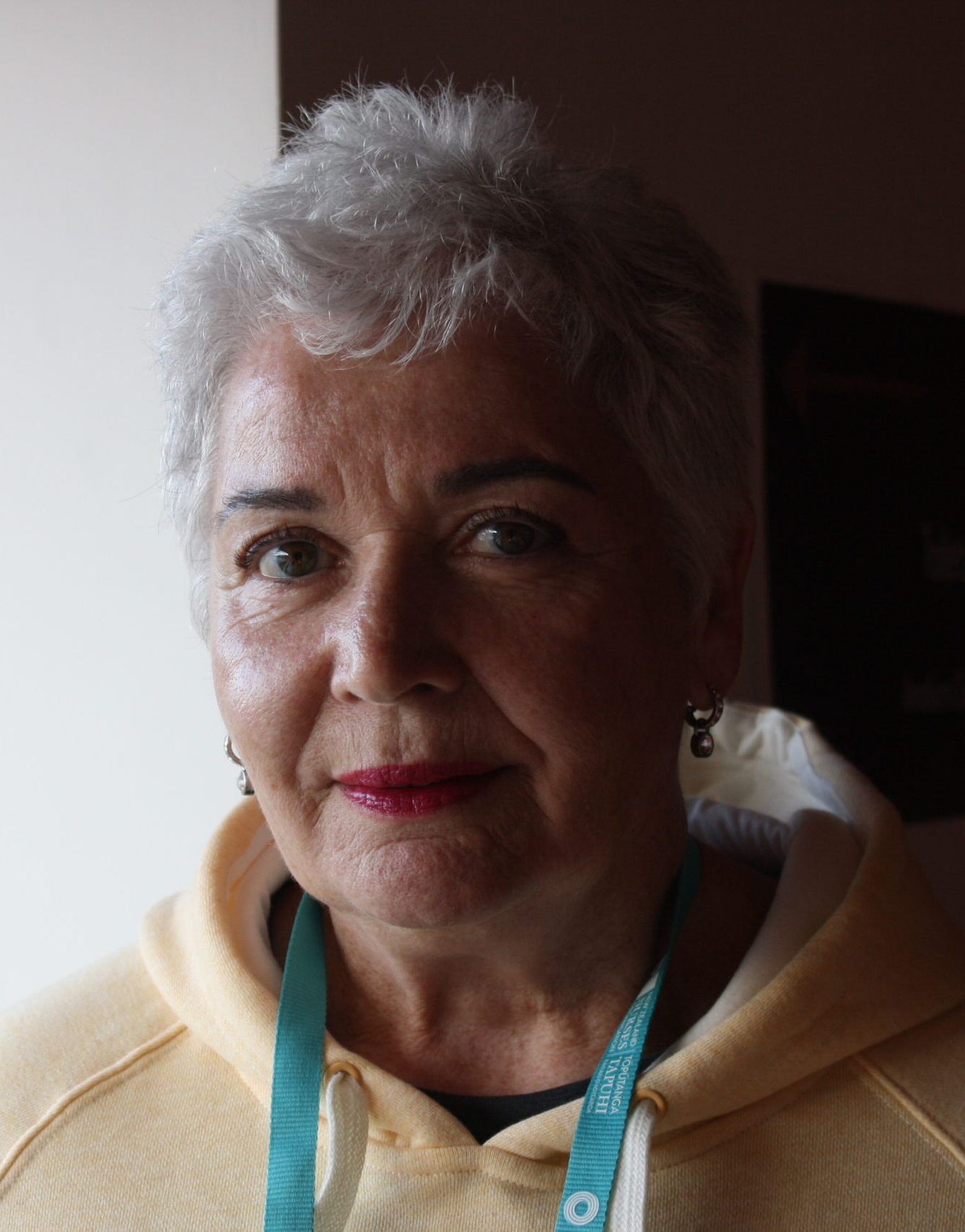
Minister of Health Ayesha Verrall announced recently that 4800 general practice nurses and kaiāwhina would get an eight per cent pay rise from July, to bring them closer to hospital nurses’ salaries.
‘If they don’t start paying the nurses pay parity with Te Whatu Ora, primary health-care is going to implode on itself — it’s going to collapse.’
Another 1300 nurses and kaiāwhina who worked in Family Planning, Plunket/Well Child Tamariki Ora, school nursing, mental health and addiction, rural hospitals, telehealth, community care and the Youth One-Stop-Shop were also included in the pay rise — a total of 6100 nurses and kaiāwhina.
“Nurses with the same skills and experiences should receive comparable pay, regardless of which part of the health system they work in,” Verrall said in a statement. The funding was a “major step towards tackling the long-standing issue of pay gaps between nurses who work in the community and those who work in hospitals”, she said.
But at least double that was needed “immediately” to stem the loss of nurses from communities, Moore said.
“Unless you have full pay parity you’re not going to win — nurses are going to keep jumping ship and going to where the pay is better.”
Pay gap of up to 27 per cent
An NZNO survey in April found practice nurses (registered and enrolled) were paid an average of 14 to 20 per cent less than their Te Whatu Ora peers — and some as much as 27 per cent less.
Yet practice nurses were initially excluded from a $200 million fund launched in December to boost community health workers’ pay — then-health minister Andrew Little saying there was no “real evidence” of pay disparity.
But — after asking Te Whatu Ora to carry out a survey — Verrall said evidence of a pay gap had emerged for practice nurses.
Te Whatu Ora community health system improvement manager Mark Powell said its survey of just over half the country’s general practices showed a 16 per cent pay gap for registered nurses (RNs) compared to hospital RNs. However, the overall average pay gap for the general practice workforce — including senior nurses, RNs, ENs and kaiāwhina — compared to hospitals was 13 per cent.
But an eight per cent increase would shrink the pay disparity from 13 to five per cent — Te Whatu Ora’s current aim. Acknowledging that fell short of 100 per cent parity, Powell said the aim was to “work with the funding available to reach all eligible nurses and kaiāwhina”.
‘It’s hard watching nurses breaking — we’re seeing it on a daily basis.’
Te Whatu Ora also was “encouraging” practices to use a five per cent funding boost on July 1 to increase workforce wages, he said.
A “sizeable majority” of practices — about a third — appeared not to have passed on funding increases in 2021/22 and 2022/23 to their nurses, Powell said.
Tōpūtanga Tapuhi Kaitiaki o Aotearoa — NZNO is currently in negotiations for a new PHC collective agreement.
‘Only a start’
New Zealand college of primary health care (PHC) nurses chair Tracey Morgan said it was good “we’ve been finally recognised” but it was only a start.
After waiting so many months, nurses were leaving or “breaking”, said Morgan, a practice nurse manager at a Rotorua Māori health provider.
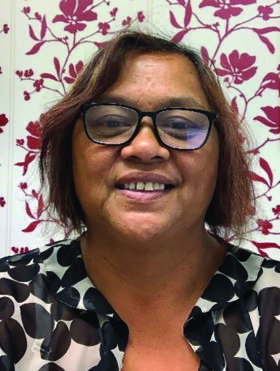
“Until they actually see it, nothing’s going to change. It’s hard watching nurses breaking — we’re seeing it on a daily basis. Nurses just can’t cope anymore . . . it doesn’t mean that it’s fixed it overnight.”
‘This is an insult to those hard-working nurses whose pay is up to 27 per cent less than their
equivalent hospital employed counterparts.’
Moore said “disgruntled” PHC nurses were leaving general practice either for Australia or Te Whatu Ora, where they could get $46.50 per hour compared to about $30 or less in general practices here.
“We’ve all got the same qualifications. In primary health care, I’ve said it a hundred times, we are the first stop for preventing hospital admissions. If they don’t start paying the nurses pay parity with Te Whatu Ora, primary health-care is going to implode on itself — it’s going to collapse.”
In April, 8160 nurses working in aged residential care, hospices, home support and Māori and Pacific health care got up to a 15 per cent pay rise under the fund to “help retain nurses in important community roles”, Verrall said, acknowledging the flow of nurses out of those areas. Most would be getting 95 per cent of their hospital-based colleagues’ wages, she said.
But Morgan said PHC nurses — including practice nurses — would continue to fight for “100 per cent” parity with Te Whatu Ora.
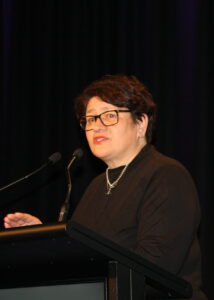
“Why is it primary health — whether it’s Plunket, aged care or whatever — why are we having to justify that we should be paid equally?”
‘We say the target should be 100 percent pay parity so every nurse everywhere is equally valued.’
NZNO kaiwhakahaere Kerri Nuku said an eight per cent rise for practice nurses was a “step in the right direction” but would not even reach 95 per cent parity with hospitals. A hundred per cent parity was needed, “so every nurse everywhere is equally valued and so can work where they feel they are most needed and contribute best, not where they are best paid”.
Nuku also hoped Māori providers who had missed out on the first wave of payments as they operated out of general practices would now be able to access it.
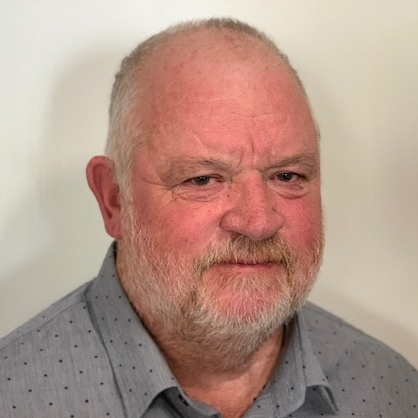
New Zealand’s General Practice Owners Association (Genpro) chair Tim Malloy said in a statement that an eight per cent rise would “do nothing to address the workforce crisis in our sector that is leading to reduced services and reduced operating hours, and leading to people having to wait weeks to get an appointment to see their
family doctor.
“This is an insult to those hard-working nurses whose pay is up to 27 per cent less than their equivalent hospital employed counterparts”.



